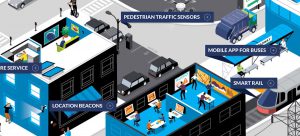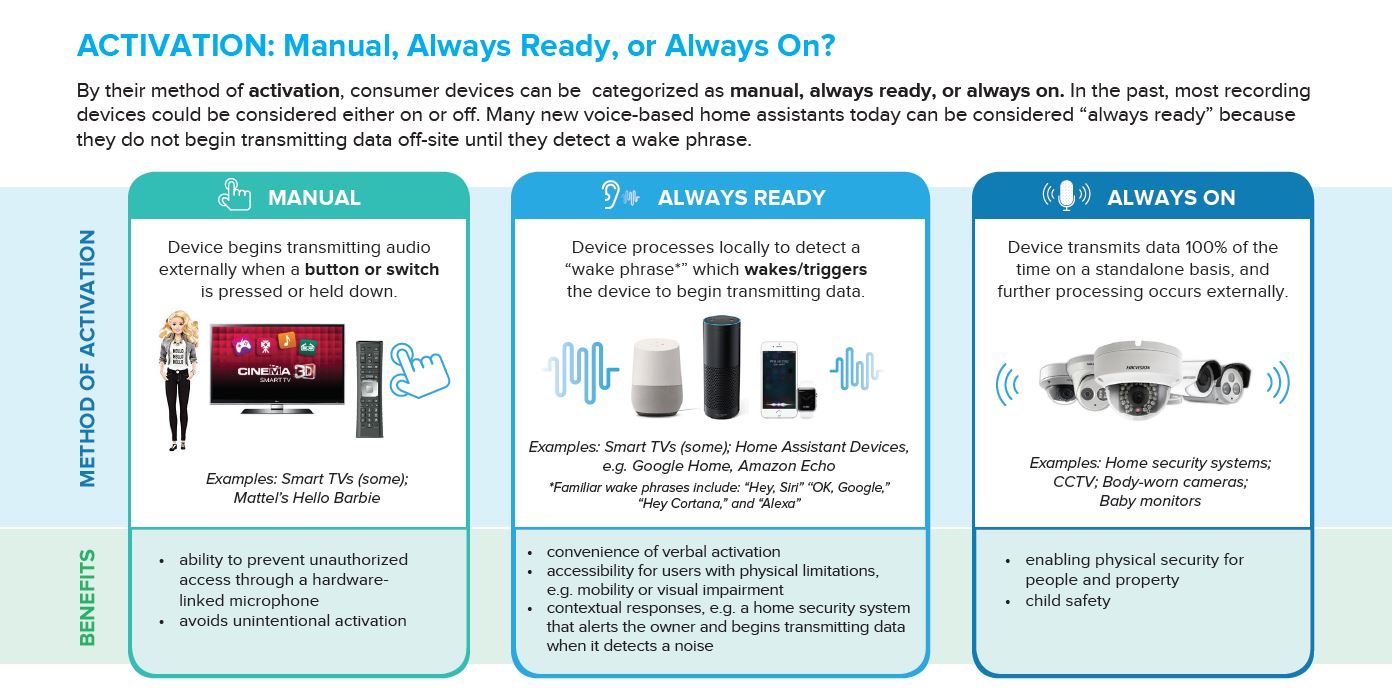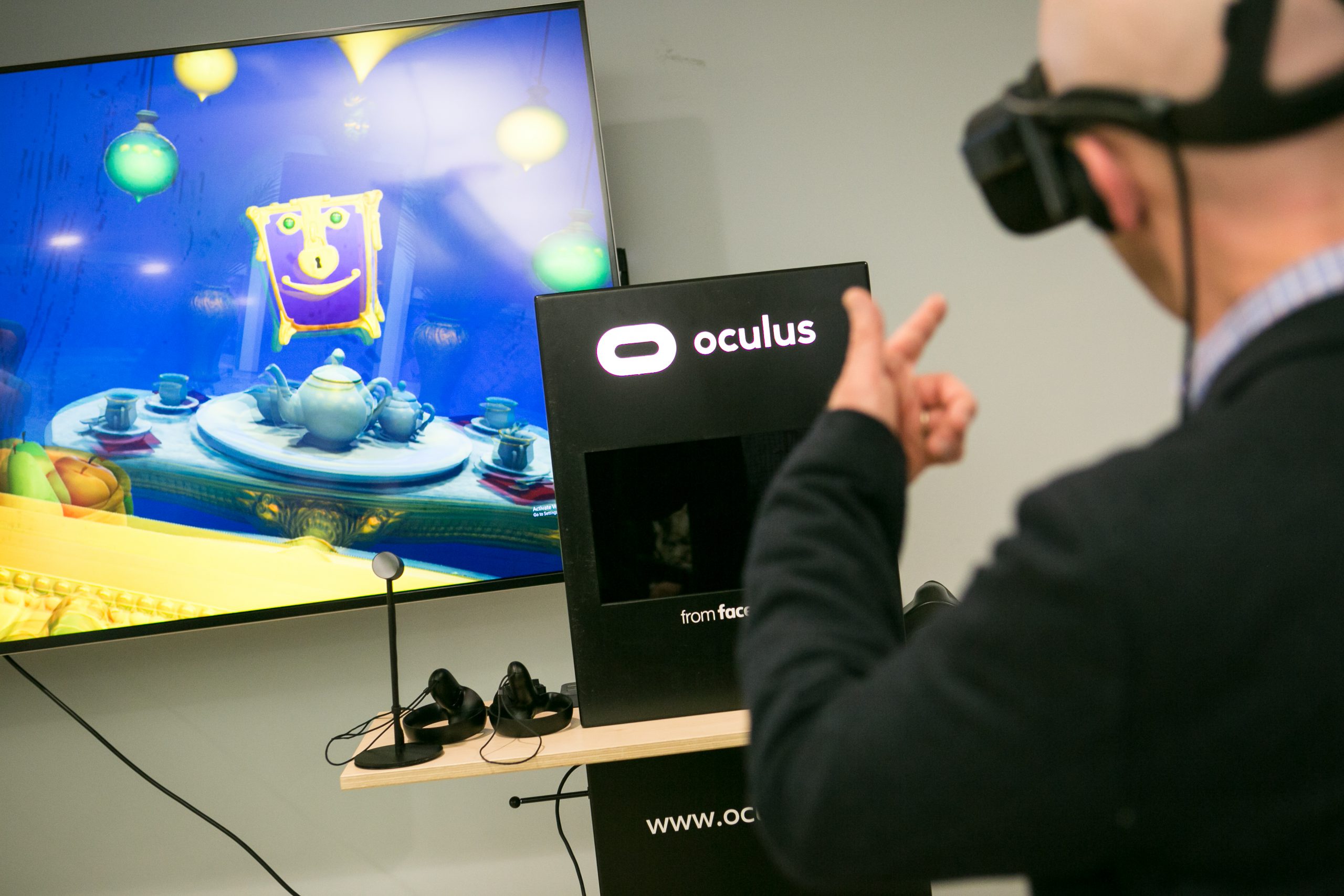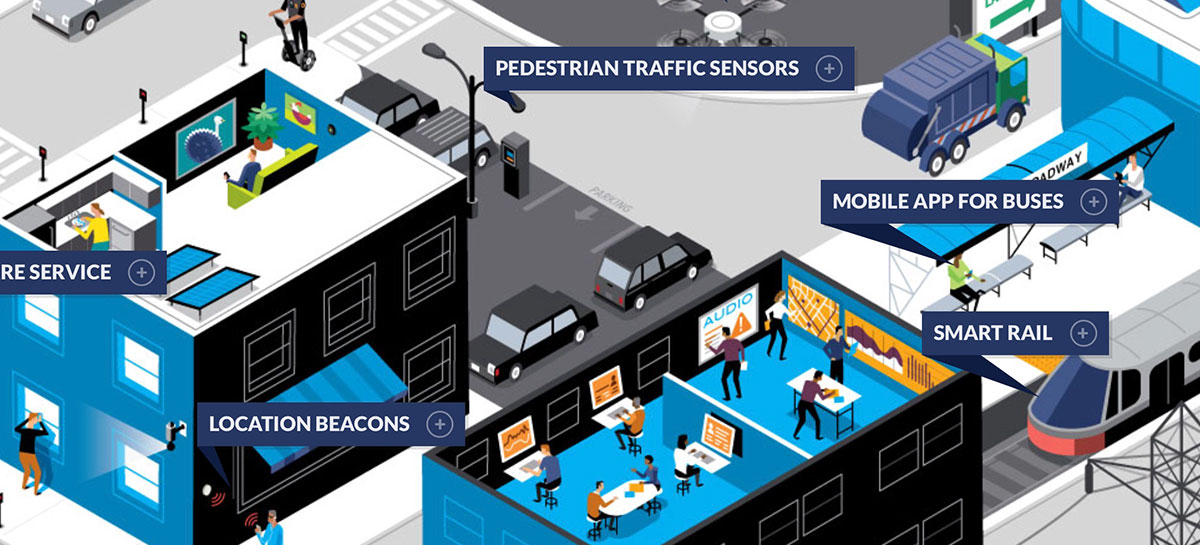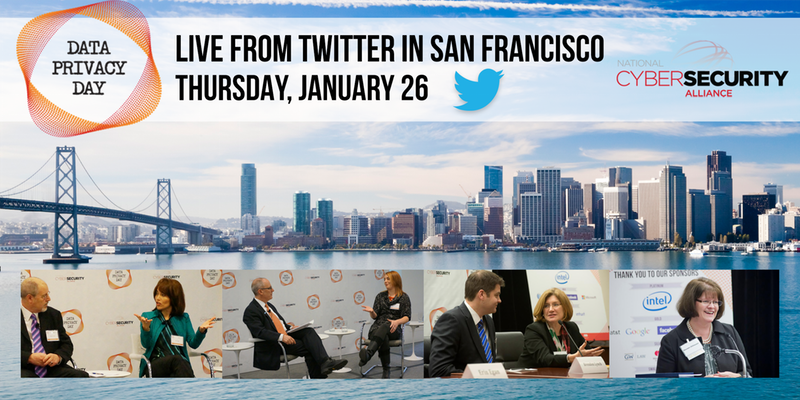Connected technologies and always-on data flows are helping make today’s cities and communities more livable, productive, and sustainable. At the same time, these technologies raise concerns about individual privacy, freedom of choice, and institutional discrimination. How do we leverage the benefits of a data-rich society while giving members of our community the confidence of knowing their privacy is protected? How can we address pressing local problems — from housing to highways, potholes to policing — and deliver public services in equitable, privacy-conscious ways?
Working collaboratively with public, private, academic, and civil society leaders, FPF builds tools and best practices to guide how cities and local communities collect, manage, and use personal data to improve services for individuals. A cornerstone of this work is FPF’s Civic Privacy Leaders Network, a peer network supported by the National Science Foundation that brings together privacy leaders from 30+ local governments across the U.S. and Canada to navigate emerging privacy issues, share practical guidance, and promote fair and transparent data practices.
Visit the Smart Communities Resources web page for a comprehensive list of FPF’s ongoing work in this area.
Featured
New Infographic: Understanding Uses of Microphones in Internet of Things (IoT) Devices
Washington, DC – Today, the Future of Privacy Forum released an infographic, “Microphones & the Internet of Things: Understanding Uses of Audio Sensors in Connected Devices.” In order to enable the benefits of new voice-based services while protecting data privacy, this infographic attempts to explain the range of possible uses of microphones in connected devices.
Federal Trade Commission: COPPA Applies to Connected Toys
This week, the Federal Trade Commission (FTC) updated its guidance on COPPA, the Children’s Online Privacy Protection Act, to clarify that the 1998 statute applies not just to websites and online service providers that collect data from children, but also to Internet of Things devices, including children’s toys.
Policymakers, regulators, and privacy executives interact with latest connected tech at FPF's Second Annual Tech Lab
FPF held the Second Annual Tech Lab Open House Tuesday, April 18, 2017, at our offices in Washington, D.C. The Tech Lab Open House provided an opportunity for us to host FPF members and colleagues based in the District of Columbia, and those from around the world who were in town for the International Association of Privacy Professional’s Global Privacy Summit.
'Successful smart city leaders will be smart on privacy'
In a piece for Samsung Public Information Display, Jules Polonetsky and Kelsey Finch share what they have learned from working with smart city and community stakeholders to navigate complex issues and integrate digital services in privacy-protective ways. The authors explain:
Shedding Light on Smart City Privacy
Today, the Future of Privacy Forum is releasing a new tool for municipal and technology leaders: a visual guide “Shedding Light on Smart City Privacy.” This tool will help citizens, companies, and communities understand the technologies at the heart of smart city and smart community projects – and their potential impact on privacy.
Future of Privacy Forum Releases Interactive Tool for Understanding the Technologies Powering Smart Cities
Brussels, Belgium – Today, the Future of Privacy Forum (FPF) released Shedding Light on Smart City Privacy, a new tool designed to help citizens, companies, and communities understand the technologies at the heart of smart city and smart community projects as well as their potential impact on privacy. The guide was released by FPF Policy Counsel, Kelsey Finch, during the panel Cities of the Future, Data of the Present: Protecting Privacy and Fostering Development at RightsCon Brussels, a conference exploring the societal impact of technology and policy.
Smart Cities
Cities and communities generate data through a vast and growing network of connected technologies that power new and innovative services ranging from apps that can help drivers find parking spots to sensors that can improve water quality. Such services improve individual lives and make cities more efficient. While smart city technologies can raise privacy issues, sophisticated data privacy programs can mitigate these concerns while preserving the benefits of cities that are cleaner, faster, safer, more efficient, and more sustainable.
FPF Comments on NITRD’s Smart Cities and Communities Federal Strategic Plan
Last week, Future of Privacy Forum (FPF) submitted comments regarding the National Coordination Office for Networking and Information Technology Research and Development’s (NITRD) Request for Comment on the Draft Smart Cities and Communities Federal Strategic Plan, published in the Federal Register on January 9, 2017.
FPF Welcomes New Senior Fellow
FPF is pleased to welcome Henry Claypool as a senior fellow. Henry is currently Policy Director at the Community Living Policy Center at the University of California, San Francisco. He is the former Director of the U.S. Department of Health and Human Services Office on Disability and a founding Principal Deputy Administrator of the Administration for Community Living.
FPF Joins National Cyber Security Alliance in San Francisco for Data Privacy Day 2017
On January 26, 2017, Jules Polonetsky, FPF’s CEO, joined the National Cyber Security Alliance and other FPF members and friends at Twitter headquarters for its Data Privacy Day Event 2017. The event featured livedstreamed panels, TED-style talks, and interviews focusing on the latest privacy issues for consumers and business.

